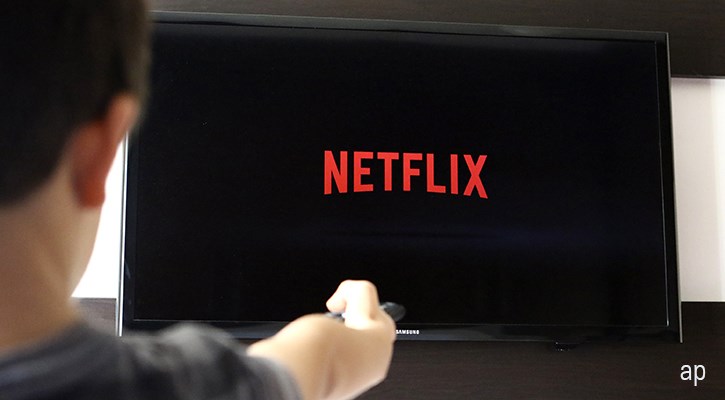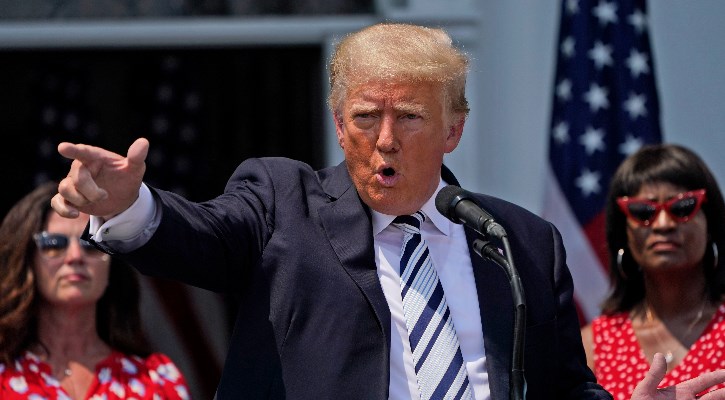
Microsoft (MSFT) plans to acquire Activision Blizzard (ATVI) for US$68.7 billion or US$95 per share in cash, a 45% premium to the target's Jan. 14 closing price. The deal would make Microsoft the third-largest video game company by revenue behind Tencent and Sony. For Activision Blizzard shareholders, we view the US$95 price as fair, given our US$92 fair value estimate and the ongoing challenges of the massive sexual harassment/misconduct scandal.
We expect that regulators will heavily scrutinize the deal, given the recent anti-Big Tech fervor on both sides of the aisle in Washington. Microsoft expects the acquisition won’t close until fiscal 2023 (ending June), implying that it agrees with our view on the level of regulatory oversight. However, we think the deal will be approved in the end as Microsoft is competing with other large foreign firms and will keep the Xbox platform open to third-party publishers. We are leaving our Activision Blizzard fair value estimate at US$92, balancing our stand-alone valuation, the value of US$95 roughly a year from now, the potential for regulatory intervention, and the possibility of a higher offer from another suitor.
While the press release says Activision Blizzard CEO Bobby Kotick will remain in his position, we view that announcement as a concession to close the deal and don’t expect he will remain in that position for more than a few months after closing. Not only is Kotick radioactive after the allegations made against Activision Blizzard and him personally over the last six months, but also he is superfluous in the Microsoft gaming structure. We don’t see any reason that the heads of Activision, Blizzard, and King-- soon to be the three biggest studios at Microsoft gaming-- should not directly report to division CEO Phil Spencer. Kotick has been a hands-off manager more focused on longer-term strategy and deals. This role is ably filled at Microsoft by Spencer, making Kotick redundant, in our view.
In our recent special report, "Without Changes, ESG Issues Will Hamper Activision Blizzard," we argued that replacing Kotick was the cleanest path to unlocking the value in the firm’s shares. Kotick and the board found a path around a potential expulsion by engaging with Microsoft. However, the deal does vindicate the value in Activision Blizzard and the other third-party game publishers.
With a deal on the books for the largest one, we expect further activity in the space with Meta, Sony, and Tencent being potential buyers and any large studio as a potential target, including EA, Take-Two, Ubisoft, and even Roblox. While we previously saw the platform-neutral stances and multiplatform revenue streams for larger publishers as an impediment to an acquisition by Microsoft or Sony, the marketplace appears to have changed enough to overcome those issues.
From a larger video game industry perspective, the deal signals that Microsoft increasingly believes that Game Pass and its cloud streaming add-on will be the path forward as it competes against Sony and Nintendo on the console side and Steam and Epic in the PC market. The addition of Call of Duty to Game Pass will make the service a must-have for any Xbox console owner and could help turn the tide against PlayStation in many non-U.S. markets where the previous generations of Xbox consoles have struggled to gain a foothold. Game Pass already has over 25 million subscribers, and the addition of the Activision Blizzard catalog should supercharge subscriber growth.
The deal also makes Microsoft a much larger player in mobile gaming with the acquisition of not only Candy Crush but Call of Duty Mobile and the soon-to-be-launched Diablo Immortal. We expect that Microsoft will continue to push forward on the mobile efforts at Activision Blizzard while also using the acquisition to help its current franchises move onto mobile devices. The interesting question will be how the mobile games will be distributed and monetized as either stand-alone or part of a mobile version of Game Pass. Apple has been relatively hostile to other companies offering multigame apps that don’t use its payment methods. However, this practice has come under fire from regulators, particularly outside the United States























